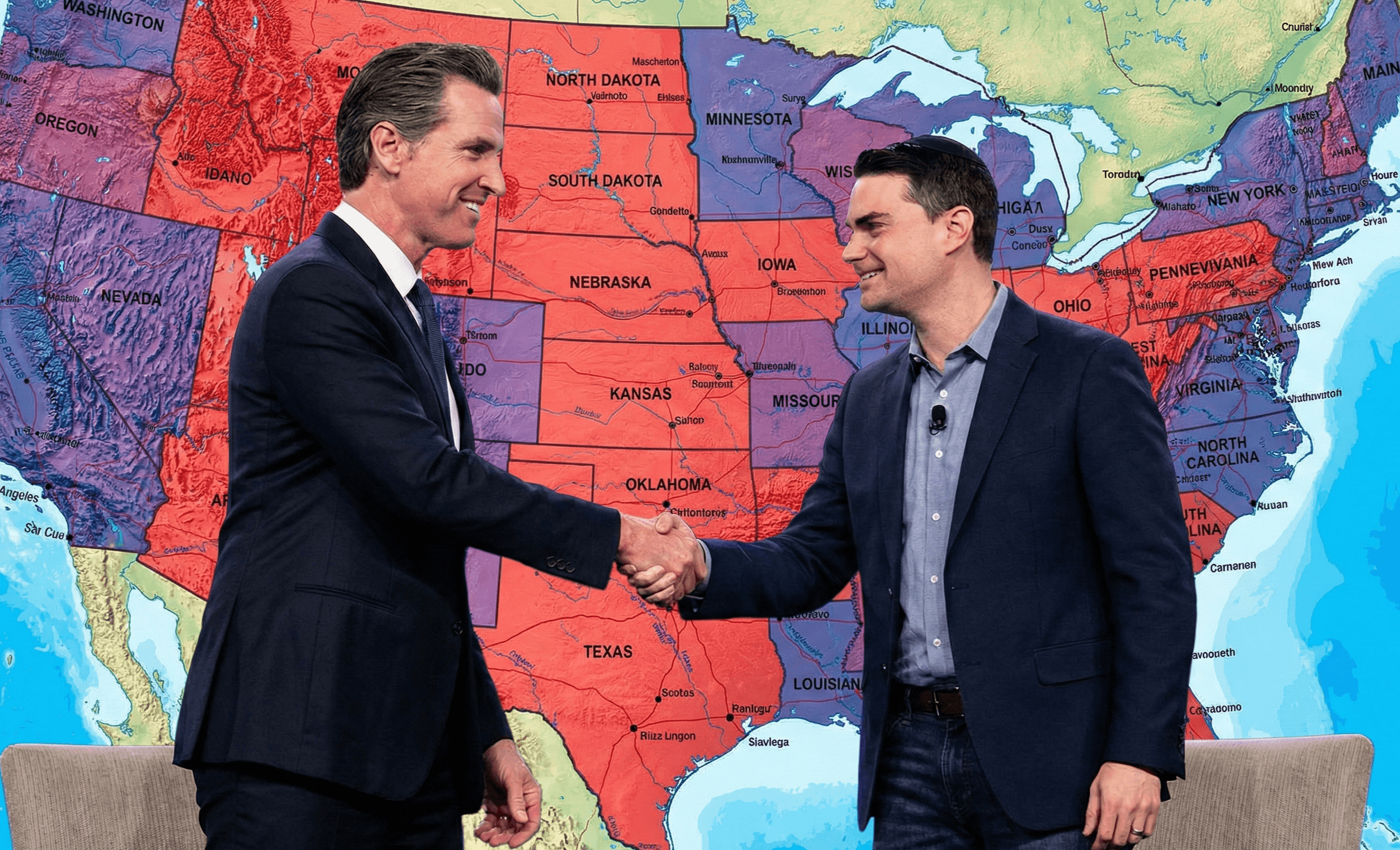Gerrymandering: Everything You Need to Know in 60 Seconds

There are several ways the Republican and Democratic Parties manipulate the vote and control elections. They control the narrative, who gets to vote in primary elections, and redraw electoral districts to their favor.
The last point is the subject of a recent video put out by GOOD Magazine. The video explains gerrymandering for viewers in 60 seconds. One of the most important takeaways about gerrymandering: it's legal.
That's right. For decades the Republican and Democratic Parties have manipulated electoral districts, diluted the voting power of the political minority, and disenfranchised millions of voters, and the courts have let it slide as long as the parties can show they did not discriminate against voters based on race.
It was not until 2016 that the first federal court ruled electoral districts in a state were so partisan that it constituted a gerrymander. The case? Gill v. Whitford out of Wisconsin, and it is currently on deck before the Supreme Court. It's a case you should know about. Here's why:
- Gill v. Whitford is the first time the courts have ruled that partisan gerrymandering was so extreme that it violated voting rights.
- The case also has the potential for establishing a baseline for the courts to make future rulings on the issue, striking a blow to the two-party scheme.
- The Supreme Court has historically shied away from cases like this, ruling in 2004 that it has no measurable or judicial standard to determine what constitutes "too partisan" when lawmakers redraw electoral districts. This could change all of that. (Vieth v. Jubelirer)
- The Supreme Court will consider a request from Wisconsin officials on Thursday, June 8, to put a stay on a lower court's ruling that state lawmakers redraw their electoral maps by the fall.
Gerrymandering isn't the only scheme the parties use to control elections, but it has ensured that over 90 percent of elections are safe for one party or the other, while violating the voting rights of millions of voters.





